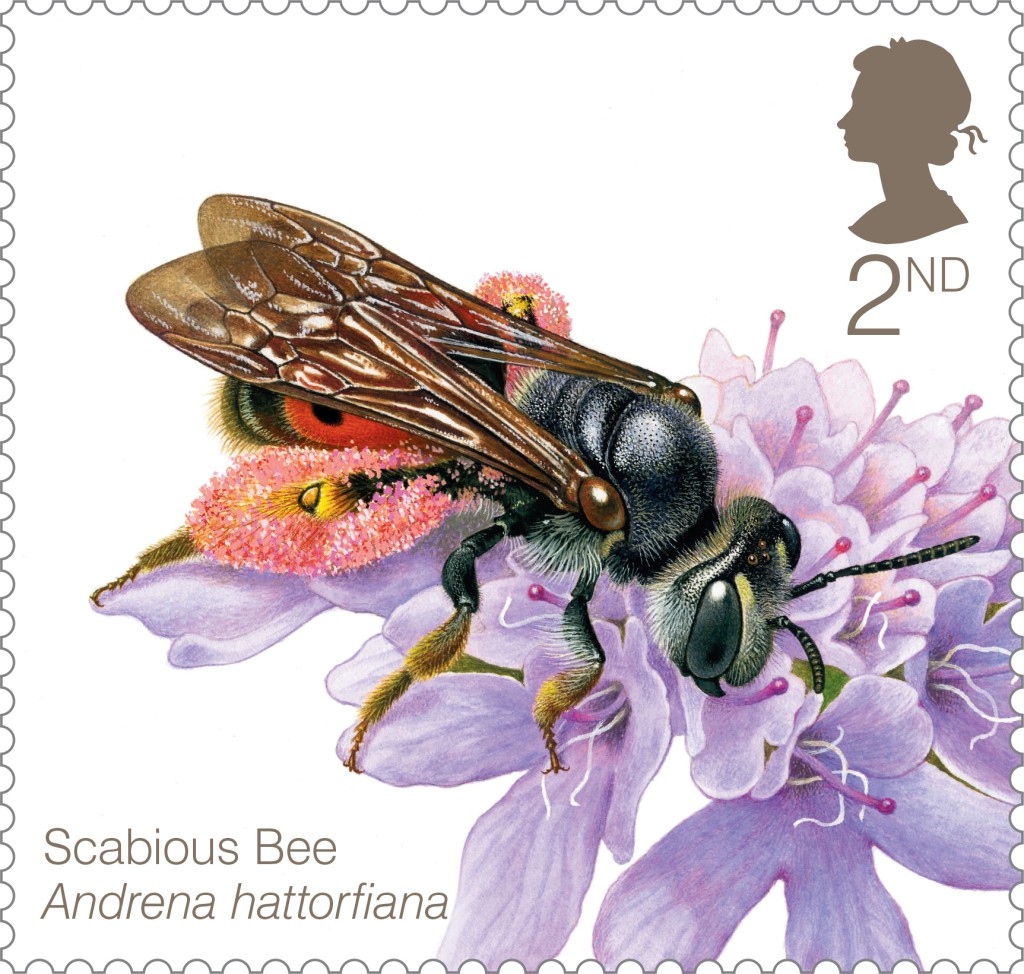A widely used pesticide harms bumblebee queens’ abilities to feed and reproduce, reducing the survival prospects for the pollinators that play a key role in food production, a new study co-authored by a University of Guelph professor shows. The research is the first on how queen bumblebees react to neonicotinoids, a class of insecticide used in agriculture, horticulture and flea treatment for pets. Declines in insect pollinators, including bees and butterflies, have been linked to neonicotinoids, in addition to loss of habitat, disease and climate change. The use of neonics, as they are known, is being phased out or restricted in several countries, including Canada. The new study adds to a growing pile of research that shows pollinators are under pressure at a time agricultural production is rising to meet increasing populations and a shift in appetites toward red meat and other land-intensive farm products. “Almost nothing’s been done on queen bees and we wanted to understand what the impacts of neonics might be on queen behaviour and queen reproduction,” said Nigel Raine, co-author of the study published in the biological research journal of the London-based Royal Society. “We’re moving toward an increased reliance on these pollinators and evidence suggests pollinators in most cases are declining,” said Dr. Raine, a professor at the University of Guelph. “So at some point, supply is going to fall below demand. …That’s obviously a concern from a food-production and food-security standpoint.” According to the United Nations’ Food and Agriculture Organization, bees pollinate 71 of the 100 crops that provide 90 per cent of our food. Much of this pollination, researchers say, is provided by wild, native bees, including bumblebees. Bumblebees pollinate several fruits and vegetables, including tomatoes, peppers and cucumbers. Their fat, fuzzy bodies make them well adapted to cool spring weather, said Sheila Colla, an assistant professor of environmental studies at Toronto’s York University, who has studied bumblebees for 10 years.
Source: The Globe and Mail, May 2, 2017
https://www.theglobeandmail.com/news/national/study-finds-link-between-…

- Login om te reageren
